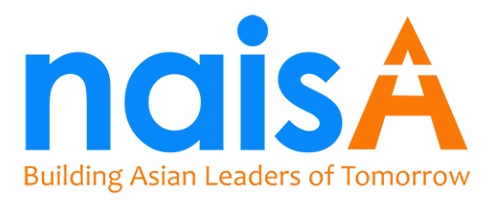APR
04
Leadership advice from great Asian leaders
Landing a job fresh out of college hasn’t been so easy over the last seven years, it’s true, but something not often talked about is the difficulty of imposing yourself in a new role when you do finally manage to get hired. As a young professional your youth can work against you.
Eventually, through mere persistence and simply the passing of time you’re likely to become accepted in your job by your peers and superiors. But by being active and following certain pieces of advice you can speed up this process, gain credibility and perhaps even rise up the company ladder faster.
In the corporate world, perception is reality. You want to project yourself as confident and competent. Here’s some advice you might find useful.
How do we become better leaders?
An important starting point, Kim says, is to understand how people respond to you. The classic 360-degree review (honest and anonymous from those who work directly with a leader) is an essential tool. “The most fundamental commitment you have to make as a leader is to humbly listen to the input of others, take it seriously, and work to improve.” and in that way, he maintains—remembering another quote from Marshall—“leadership is a contact sport.” Echoing that, Kim also recalls advice from Ford’s legendary CEO, Alan Mulally, that on the most fundamental level, leadership is about service to others.
Expanding on this importance of courage and humility in service of others, Kim maintains as a golden rule: “if someone has a better idea, say, thank you, that’s a better idea. For CEOs, that’s the kind of culture you need to create in your organization. For junior staff, you must insist on speaking up when you have a thoughtful idea. You never know—lives may depend on it.”
Deepak Chopra credits his parents for “impressing upon me through their words and actions that ‘True success comes from self-power’”. He defines true success as: Progressive realization of worthy goals; the ability to love and have compassion; to be in touch with the creative power in your inner being at all times. And self-power as coming from the level of the soul beyond the ego mask, characterized through: Independence from the good and bad opinions of others but being responsive to feedback; fearlessness; And being beneath no one nor superior to no one.
For Jose Li, founder and CEO of 7lbs, learning to give up control was a big learning curve. He believes leadership is about influence and listening to those around you – often attributes that are not taught in school or training, but can define how successful a leader you become.
Raji Arasu, CTO of Stubhub urges young potential leaders to prepare themselves to embrace change as it “allows you to grow the business and help the company stay competitive.” And an important piece of advice Arasu received was never be afraid to learn from others and try new ways to solve problems. She says she owes much of her success to “the many mentors who took time to give me genuine hard feedback. They helped build a stronger, wiser, and more mature me.” And always, she says, “be the best at what you do. Striving to be the best technology leader and CTO gives me the courage to be strategic and bold.”
Body language is key
Do the little things/show initiative
Act the part
Make friends wisely
We form perceptions of others based on who their friends are, right? So, whom you associate with at work is more important than you might think. So much of our professional lives and careers are about building relationships. Make sure you’re cultivating the right relationships with the right people. A wide network gives you access to a broad range of information, and likewise, associating with high-achieving, strong performers in your company reflects well on you.
A final piece of advice here is to remember to ask for regular feedback on everything you can in your job. The way we see ourselves is often different to how we’re viewed by others. Asking for feedback is a great indicator on how you’re projecting your persona in the workplace and how, or if, you need to adjust yourself.
naisA Global is a 501(c)(3) non-profit educational organization dedicated to helping talented young Asian professionals unlock their potential and become great leaders.
- Jamie Sheen
- naisA Global Staff
About Jamie Sheen
Most Popular
